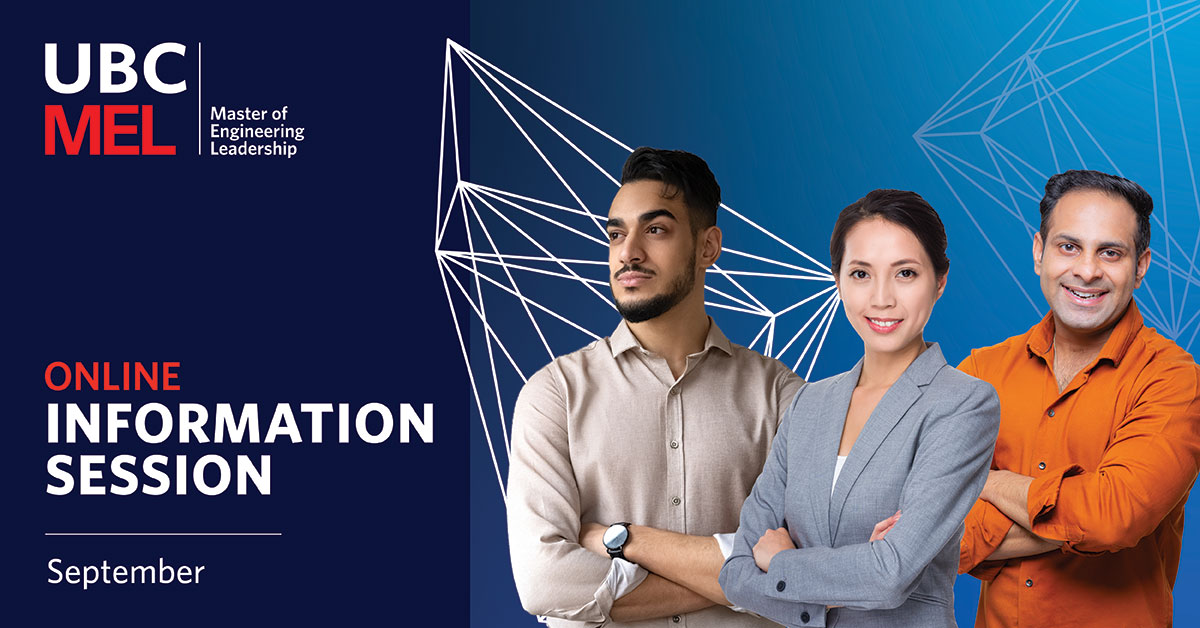Annotated Bibliographies: Synthesizing Multiple Studies
Hybrid Online/Virtual and In-Person - See Description Vancouver, British Columbia, CanadaThis evidence-based workshop looks at the typical structure of an annotated bibliography, while accounting for variations in purpose. Typically, the annotations synthesize multiple relevant studies, help develop a discussion of the current field, and help identify a potential knowledge contribution. But how do authors determine relevance for the field? And what does it mean to […]
